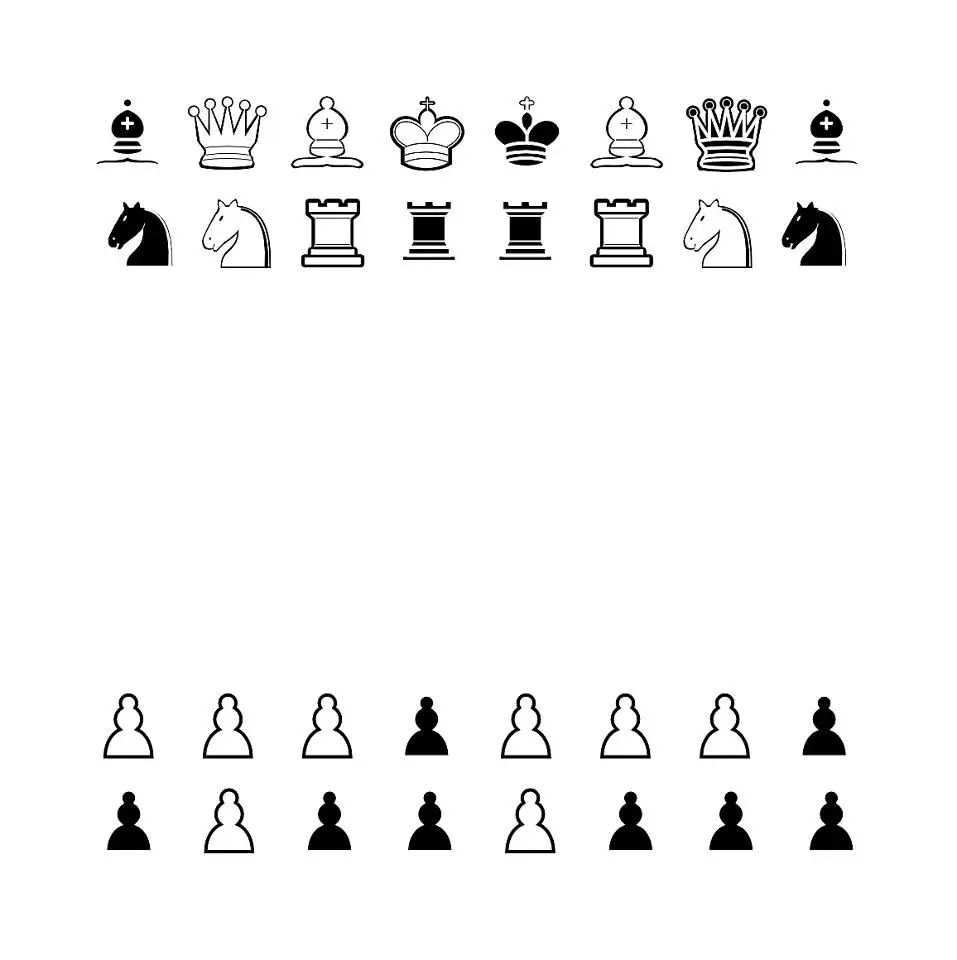- cross-posted to:
- interessant@jlai.lu
- cross-posted to:
- interessant@jlai.lu
A selective superposition of important evolutions of Paris’ city limits. Based on this animation video on the evolution of the limits of Paris, from Roman antiquity to present days.
Sources :
- Nicolas Delamare, Traité de la police, Paris, chez J.Cot, 1705 : “Second plan de la ville de Paris” ; “Troisième plan de la ville de Paris”, par Antoine Coquart
- Plan de Truschet et Hoyau, 1553
- Plan de Jean Delagrive, 1728
- Plan d’Alexis Donnet, 1837
- Satellite picture of Paris by Sentinel-2B, ESA, 2018
Most of them are available in very high quality on the David Rumsey cartography center.
So, I have to time travel back to the 1400s to afford property in Paris. Got it.
It could be a nice circle without those 2 green spaces.
Paris always looked a lot denser than Budapest. 105km2 vs 525km2 respectively. I like a denser city.
they are considered to be the lungs of Paris.
The Bois de Vincennes, located on the eastern edge of Paris, France, is the largest public park in the city. It was created between 1855 and 1866 by Emperor Napoleon III.
The park is next to the Château de Vincennes, a former residence of the Kings of France.
The Bois de Boulogne is a large public park that is the western half of the 16th arrondissement of Paris, near the suburb of Boulogne-Billancourt and Neuilly-sur-Seine. The land was ceded to the city of Paris by the Emperor Napoleon III to be turned into a public park in 1852.
The Bois de Boulogne is a remnant of the ancient oak forest of Rouvray, which included the present-day forests of Montmorency, Saint-Germain-en-Laye, Chaville, and Meudon. Dagobert I hunted bears, deer, and other game in the forest. His grandson, Childeric II, gave the forest to the monks of the Abbey of Saint-Denis, who founded several monastic communities there. Philip Augustus (1180–1223) bought back the main part of the forest from the monks to create a royal hunting reserve. In 1256, Isabelle de France, sister of Saint-Louis, founded the Abbey of Longchamp at the site of the present hippodrome.
☞ Paris doesn’t respect it’s official boundaries anyway. Neighboring cities are swallowed by it’s metropolitan shadow
That is a huge increase of 60 years.





